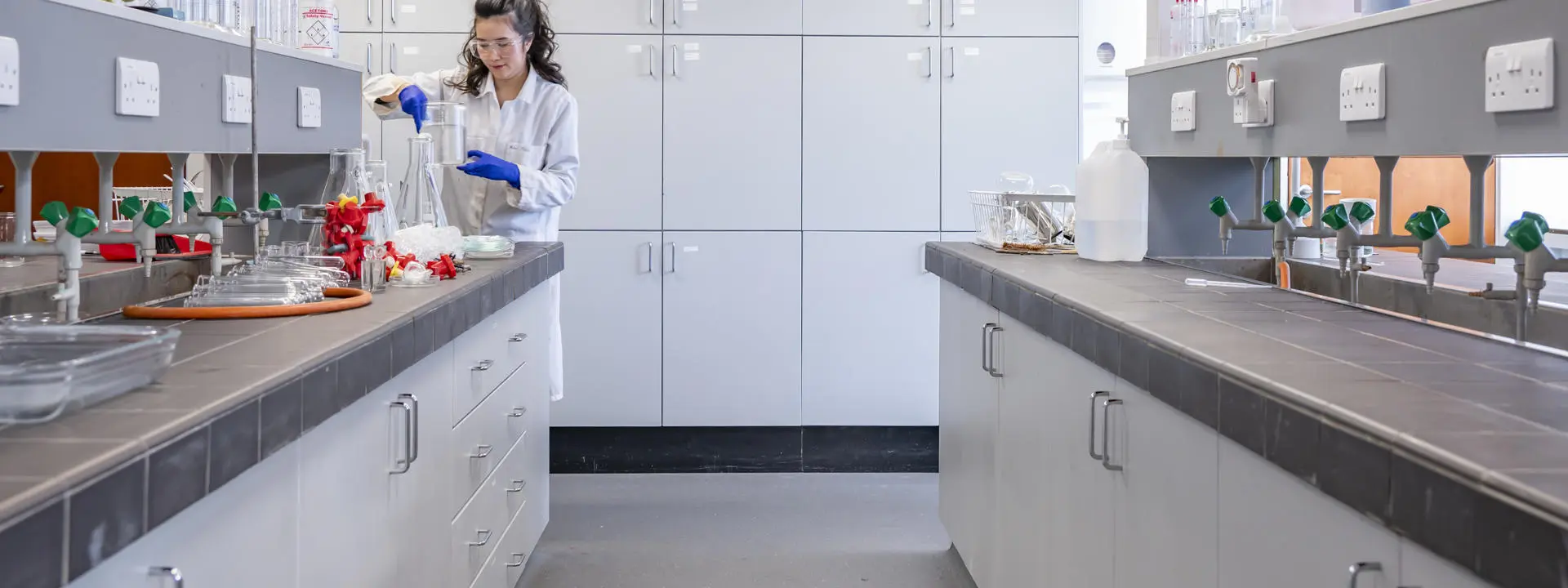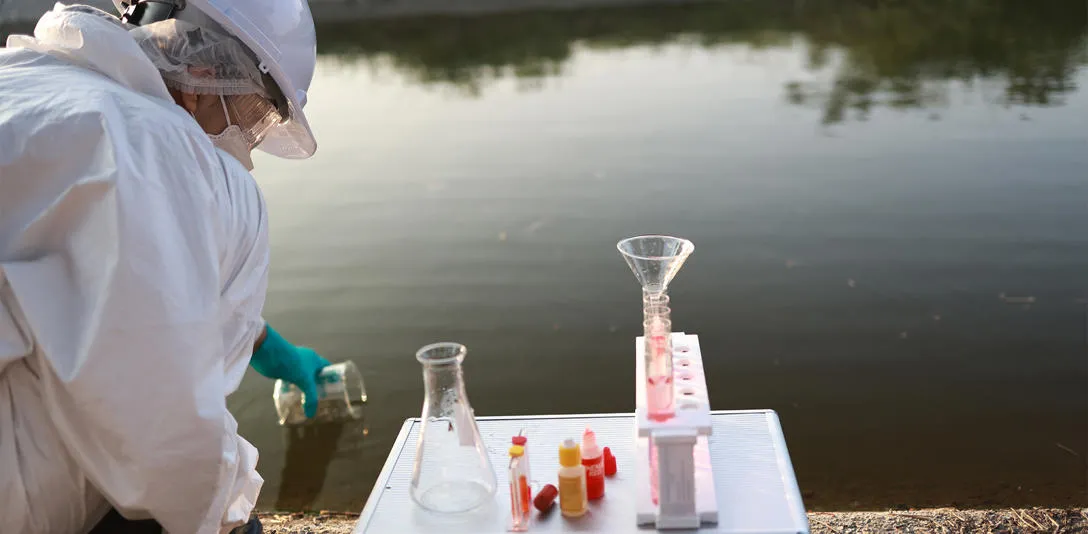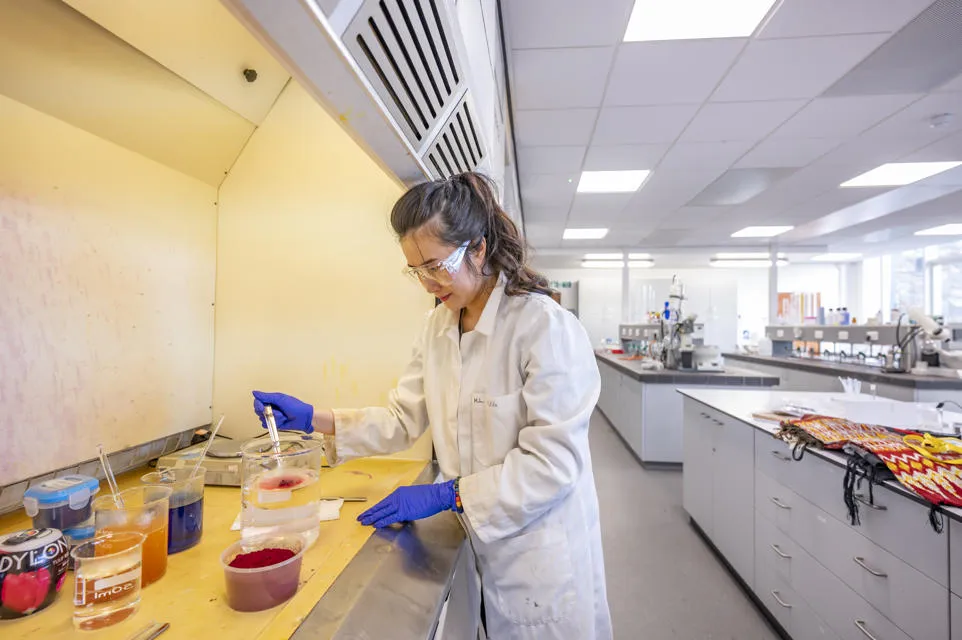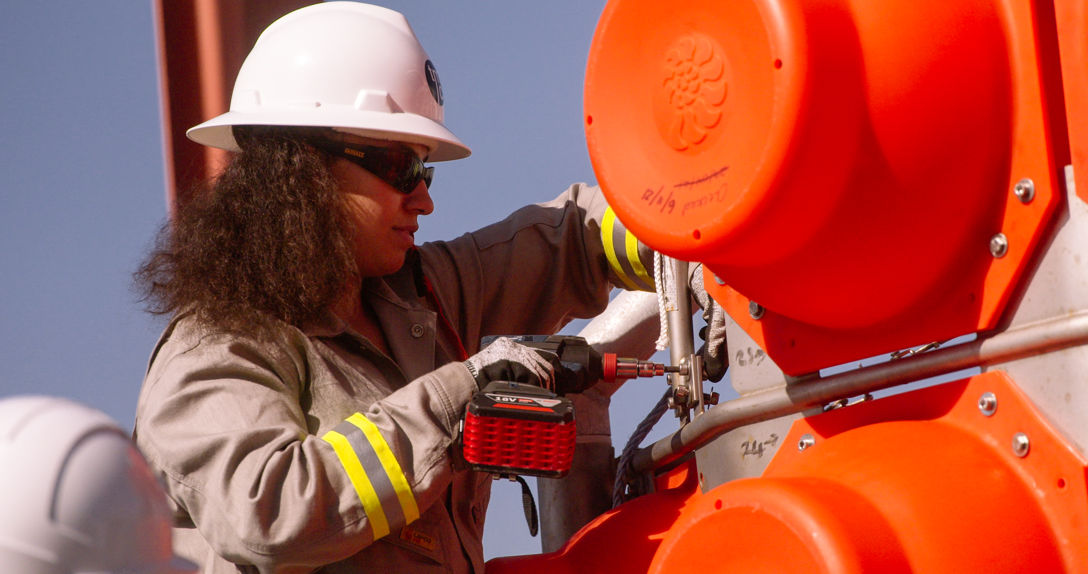Periods are still seen as a problem in workplaces, Heriot-Watt researchers find

Workplaces including offices, oil rigs, laboratories and outdoor settings need to radically improve their provision for people who menstruate, new research has found.
Researchers at Heriot-Watt University in Edinburgh say that women, trans and non-binary people managing periods at work are still being stigmatised, silenced and ignored.
Challenges include inaccessible washroom facilities, poorly informed managers and continued shame, particularly around menstrual bleeding.

Recommendations for improvement include menstrual health education for organisations and managers, a review of uniforms and personal protective equipment worn in workplaces, better toilet provision and shower facilities in all work environments.
I hope that by revealing the voices of those who are often silenced at work, we can really create some positive impact to make their working lives better.
The report specifically focuses on women working as researchers, but has implications for all genders, workplaces and career stages, the researchers say.
Kate Sang, a Professor of Gender and Employment Studies at Heriot-Watt University’s Edinburgh Business School led the research. She said: “Research and workplace policies on menstrual health, including periods, menopause and perimenopause, has been growing in recent years. But it is still an under-researched area, and the topic is still poorly understood in the context of the workplace.
“Workers in remote and non-office locations are particularly likely to face challenges managing their symptoms because of poor facilities and understanding.”

The study, Recommendations for improving support for researchers managing menstruation, is based on an evidence review on menstrual health, including periods and perimenopause and on more than 50 interviews with women working in diverse settings.
Its other findings show that menstrual stigma, especially around any signs of blood, remains a powerful force in working women’s lives. For those working in laboratories, personal protective equipment is often designed for men with sizes and fabrics unsuitable for those managing menstruation. Where employers do have menopause or menstruation policies, there is a lack of robust evidence bases to ensure they will improve working lives. The researchers also note that menstruation can be particularly challenging for neurodivergent, trans, racially minoritised and disabled researchers.

The report was led by Chiara Cocco, a Research Associate in Heriot-Watt University’s School of Social Sciences. She said: “Typically the kind of lab coats and overalls worn by researchers in lab or outdoor settings are white and provided in generic sizes. So it can be tricky to find something that fits you. It’s also often up to the researchers and scientists to wash their own laundry – and spares are sometimes hard to find. This can make managing periods at work really difficult – especially if you’re working remotely in an area that might be some distance from the nearest toilet facilities.
“I hope that by revealing the voices of those who are often silenced at work, we can really create some positive impact to make their working lives better.”
The Heriot-Watt researchers are working with employers to initiate workplace changes and remove some of the barriers identified in their research.
“We also hope to add to the understanding of how different workplaces inform the experiences of women, as well as trans and non-binary people,” Professor Sang said.
The research is part of the Equality, Diversity and Inclusion Caucus (EDICa), a research group led by Professor Sang to improve equality, diversity and inclusion in the research and innovation sector.
EDICa is funded by UK Research and Innovation (UKRI) – the UK’s national funding agency for investing in science and research – with support from the British Academy, which supports humanities and social sciences research in the UK.
Image credit: Onuma Inthapong